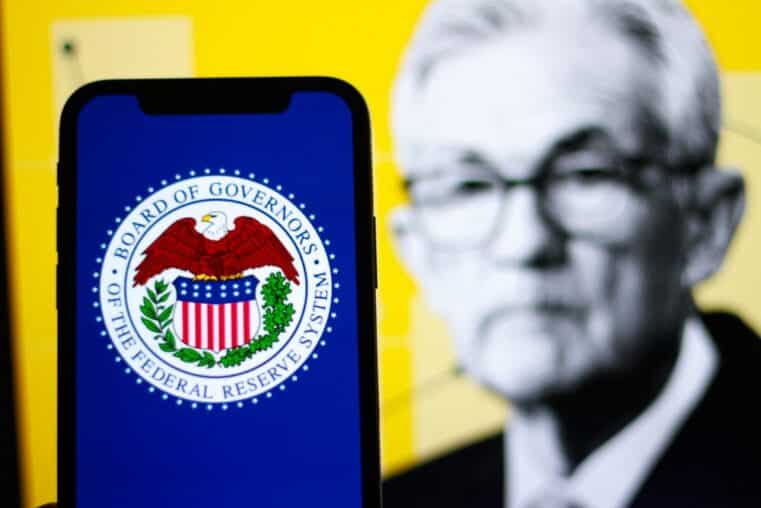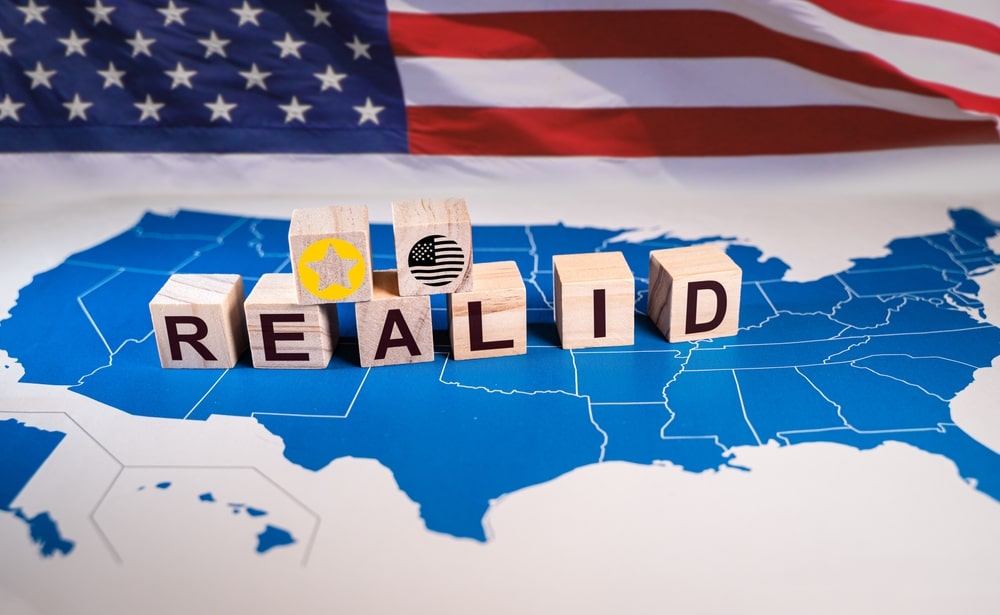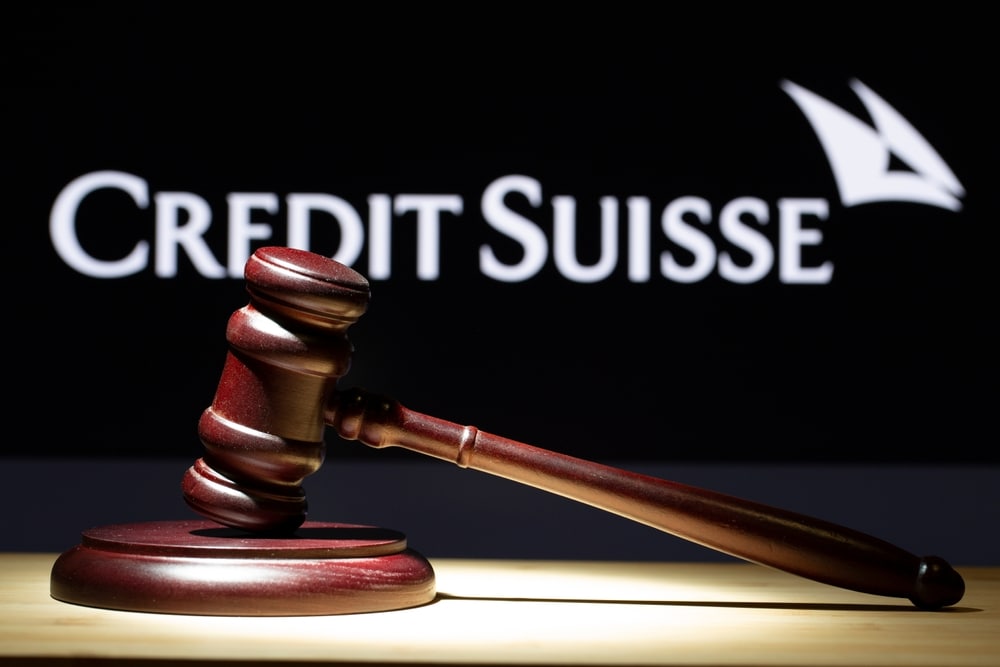
The Rise of the Surveillance State: Facial Recognition Is Here—and It's Coming for You
Have you noticed the quiet march of facial recognition technology across the United States? If not, it's time to pay attention—because the government is dramatically expanding its use for identification verification. At first glance, this might seem like just another harmless security measure, but the real question is: How long until it’s mandatory, inescapable, and a full-blown surveillance nightmare?
Right now, the U.S. government is rolling out facial recognition as part of Login.gov, the “one-stop” sign-on portal for government services. It’s optional—for now. The General Services Administration (GSA) has made it clear that users can opt to verify their identity using this technology. Sounds simple, right? But history shows us how quickly “optional” morphs into “mandatory.”
This tech revolution isn’t isolated to Login.gov. In fact, the push for facial recognition is spreading fast—like wildfire—and we may soon see it integrated into every corner of our lives. We’re told it will protect us from identity theft and fraud. Sure, that sounds great—no one enjoys the hassle of dealing with stolen information. But at what cost?
We’ve heard it before—“best-in-class facial matching algorithms,” they say. Fancy words designed to make you feel comfortable with a system that maps your face and stores it in a massive database. Over 100 million people are already using Login.gov, and with the convenience and security bait, it’s only a matter of time before facial recognition becomes the standard, and other verification options disappear.
Now let’s talk about the bigger threat. It’s not just the government that’s got its eye on your face. AI systems like ChatGPT have started demonstrating eerie levels of proficiency in identifying faces, differentiating between photos, and even estimating age and gender with a frightening level of accuracy. Facial recognition capabilities are now a selling point for tech companies, from apps to gadgets. We’re hurtling toward a world where your identity can be pulled from the cloud with a simple glance.
If that doesn’t chill your bones, think about this: Two Harvard students have taken things even further. They hacked together Meta’s Ray-Ban smart glasses and PimEyes facial recognition software, and now they can dox strangers in real time—just by looking at them. The moment your face is in their line of sight, they could extract everything from your phone number to your social security number.
What if a predator had access to this technology? He wouldn’t even need to follow you home. With just a quick scan of your face, he could pull up your address, phone number, and a list of other details about your life. The risk is clear, but too many people are sleepwalking through this technological revolution without a clue of what’s coming.
In a world where privacy no longer exists, criminals can find you no matter where you are. But it doesn’t stop there—what about the government? Imagine trying to evade a system that tracks your every movement, every face scan logged and analyzed. It’s like handing the keys of your personal life over to Big Brother, who’s been waiting for just the right moment to pounce.
Now, let’s be real—your smartphone is already tracking your location 24/7. But with facial recognition systems in place, the ability to opt out of the surveillance state shrinks. The next phase will be inescapable. The surveillance grid is tightening, and soon, you won’t be able to avoid it. Once you're in the system, you’re stuck, and the odds of regaining any semblance of privacy become almost impossible.
I’ve been warning about the erosion of privacy for years, and here we are—closer than ever to a full-blown surveillance state. If you want to preserve your privacy, now is the time to act. Speak up before the choice is no longer yours.
This isn’t a conspiracy theory; it’s the future. We’ve seen this movie play out before, and the ending isn’t pretty. The surveillance state is expanding, and facial recognition technology is just one more tool that will be used to tighten the grip.
What can you do about it? First, stay informed. Second, download my free guide, "7 Steps to Protect Your Account From Bank Failure"—because believe me, when governments gain more control over your identity, they’ll also want control over your finances. And if you’re serious about safeguarding your future, it’s time to join my Inner Circle, where for just $19.95 a month, you’ll get exclusive insights on how to stay ahead of this tech takeover.
The clock is ticking. Act now, before it's too late.










